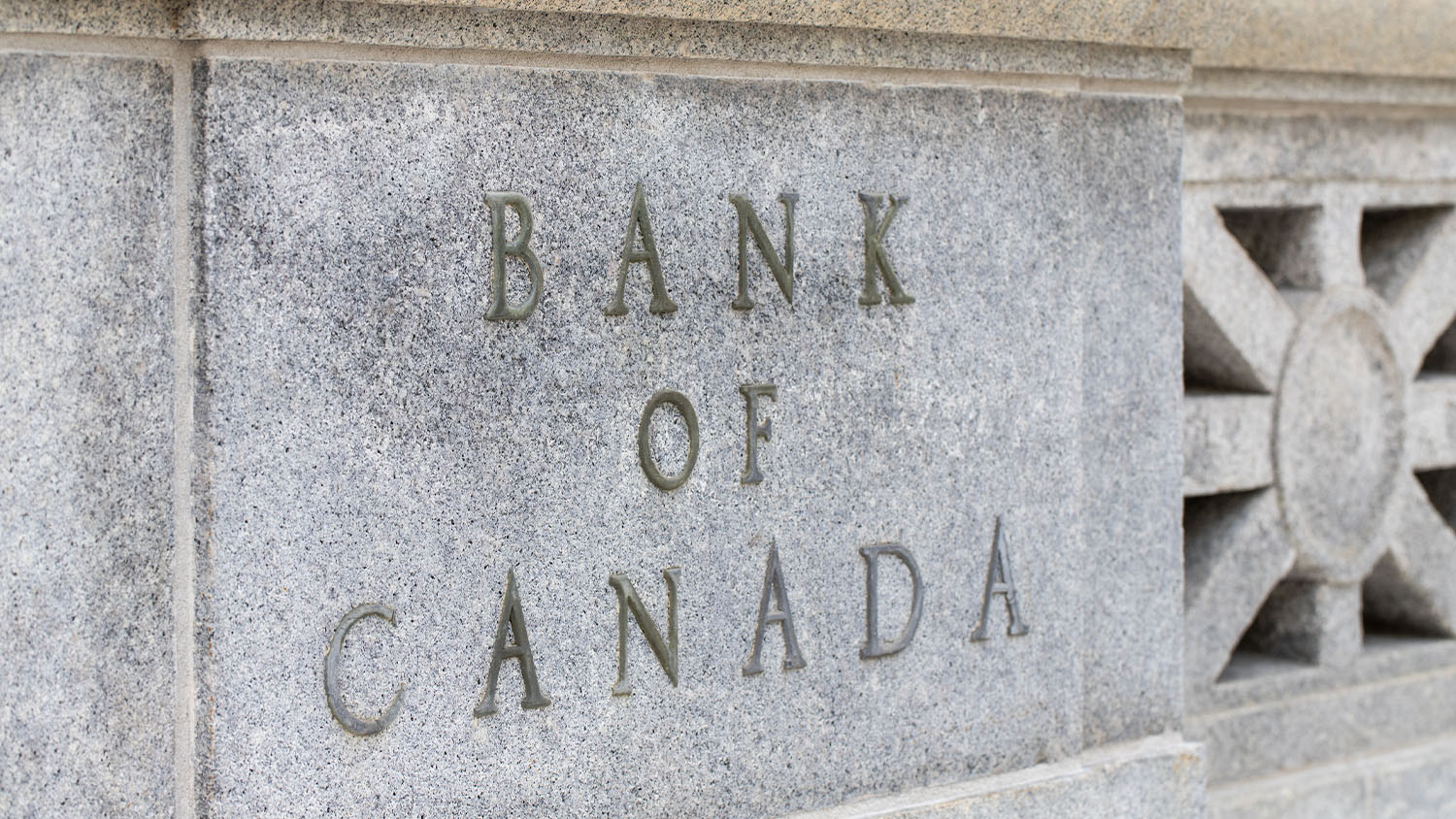The Bank of Canada raised its key interest rate again this month to 5%. This is the third rate hike of 2023 and the tenth since March of last year.
According to a Bank of Canada press release, inflation has fallen from 8.1% at its height in 2022 to 3.4% this past March. However, the central bank indicated there are signs that inflation is not slowing quickly enough to meet its target of a 2% inflation rate by 2025. The central bank cited labour shortages and rising housing prices as two factors putting upward pressure on inflation numbers.
This move is not without its critics. Benjamin Tal, deputy chief economist at CIBC, took issue with the central bank’s calculation methods. In an interview with the Financial Post, he explained that the Bank of Canada includes mortgage rates when determining inflation. This practice could be inaccurately increasing the inflation rate.
“Higher interest rates are leading to higher mortgage payments that are adding to inflation,” he said. He comparedthe policy to “putting a humidifier and a dehumidifier in the same room and letting them go at each other.”
Tal speculated that if the Bank of Canada were to drop mortgages from its calculations, Canada’s inflation rate would already be at or below the Bank of Canada’s 2% target.
What This Means for Home Buyers
Mortgage fees have increased as a result of the interest rate hike. As of late July, most mortgage rates are over 6%. Variable mortgages have the highest rates while fixed five-year terms tend to have the lowest.
Some banks such as Toronto Dominion and the Royal Bank of Canada do have some lower rates on products called “High Ratio Mortgages.” In order to qualify for these products, home buyers must make a down payment of more than 20% of the home’s total value.
New Buyers
The higher rates may make qualifying for a mortgage more difficult, putting a new home out of reach for many.
However, those who do qualify at this higher rate may enjoy future savings when the interest rates come down again.
Renewing Home Owners
Most homeowners seeking to renew their mortgages this year will likely face higher monthly payments and some tough decisions.
Variable-rate mortgages currently have higher costs, but will be more responsive to a future drop in interest rates. However, they will also go up if interest rates rise again. Fixed mortgages have lower interest rates but require buyers to lock into a particular rate for a specific time frame. Currently, fixed one-year terms have higher rates than the longer five-year options. Renewing homeowners will need to decide whether to gamble on the rates coming down next year or lock in for a longer period.
According to CBC News, some homeowners are avoiding higher monthly payments by extending the amortizations on their mortgages. However, this does increase a home’s cost in the long run.
The Takeaway
Although we are seeing fewer interest rate increases this year compared to 2022, the mortgage market continues to have its share of surprises.
Navigating both the buying and renewal process is more complicated than ever. Industry professionals recommend working with a mortgage broker. Having an expert in your corner can save you time and money.
Is this recent interest rate hike stressing you out? Drop us a line. We’re here to help!
Share this article
Kelly Wilson
Kelly Wilson, a top national mortgage producer, has dedicated 19 years to customizing financial solutions for clients across Canada. Her strategic approach has facilitated over $1 billion in mortgage funding. Starting her real estate investment journey at 21, she now holds $11 million in assets. Kelly's mission is empowering clients to achieve financial freedom and sustainable wealth.




